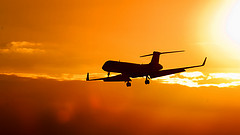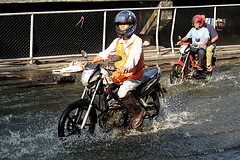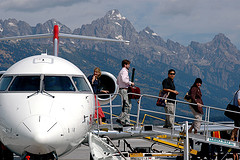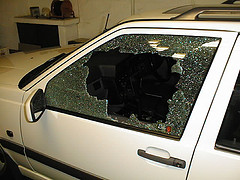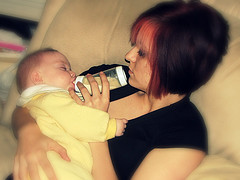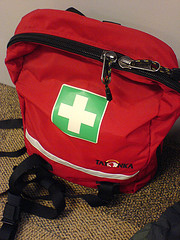 The answer to that question likely depends on who you are and even where you’re headed. If you’re a parent taking the kids to Disney World, your emergency travel kit looks a lot different than that of child-free backpacker headed to Bangladesh. Some time ago, we noted that emergency kits are just one method of being a prepared traveler and recent disasters: earthquakes, floods, and more have prompted us to remind travelers of the necessity.
The answer to that question likely depends on who you are and even where you’re headed. If you’re a parent taking the kids to Disney World, your emergency travel kit looks a lot different than that of child-free backpacker headed to Bangladesh. Some time ago, we noted that emergency kits are just one method of being a prepared traveler and recent disasters: earthquakes, floods, and more have prompted us to remind travelers of the necessity.
- Some kind of light. If the electricity goes out or you’re in a subway accident, a flashlight, microlight, even a headlamp can make being stuck in the dark a whole lot less scary. The fact that many light devices come in highly compact profiles only makes it easier to take them along. Put this item near where you sleep so you can find it in the dark.
- Water purifier or water purification tablets. Most travelers take these only when traveling abroad, but again, there are a number of small profile options, including objects as small as a pen that make it easy enough to toss them in your bag just in case a natural disaster strikes.
- Copies of your passport and credit cards. While keeping your passport and credit cards on you at all times is best, if they are stolen, you can get these critical items replaced.
- Duct tape. There are an infinite number of reasons to travel with a small roll of this. On a recent trip, the door of our hotel room had an odd rattle when people walked by in the hallway, and it kept waking us up. We used the duct tape to secure the door each night and slept much sounder!
- Nail clippers. Most of the time, even the smallest knife or scissors will be collected by security, so rely on nail clippers to cut small things.
Travelers should also take a basic first aid kit to handle minor injuries like cuts, burns, stings, Â and splinters not to mention medicines to alleviate common symptoms of a cough, cold, nasal congestion or fever. To have one at home and hone for travel, you can purchase the individual packets and repackage the labeled items in zip-lock bags.


